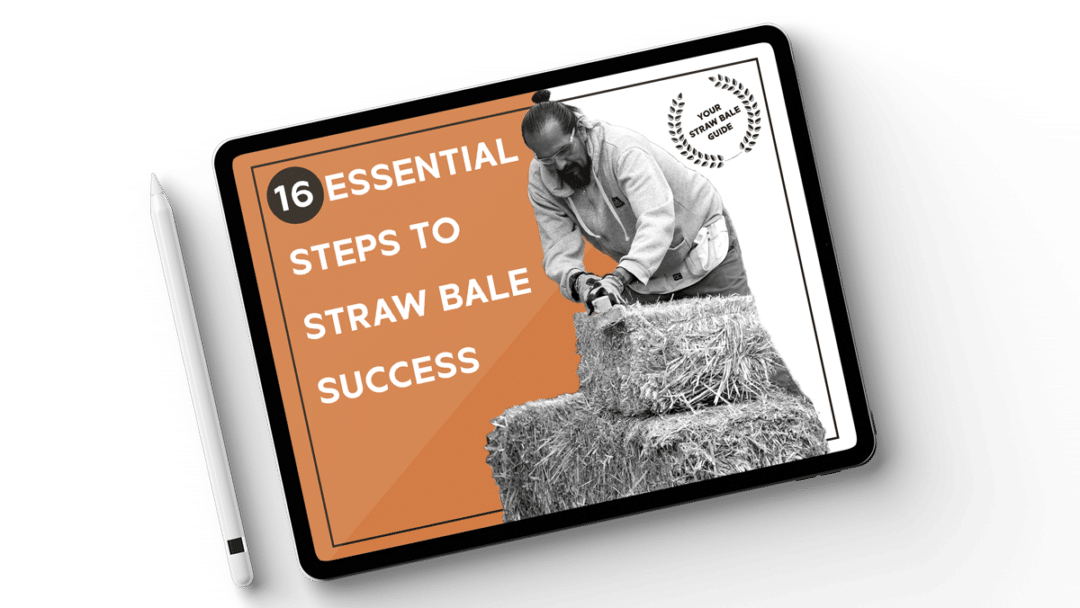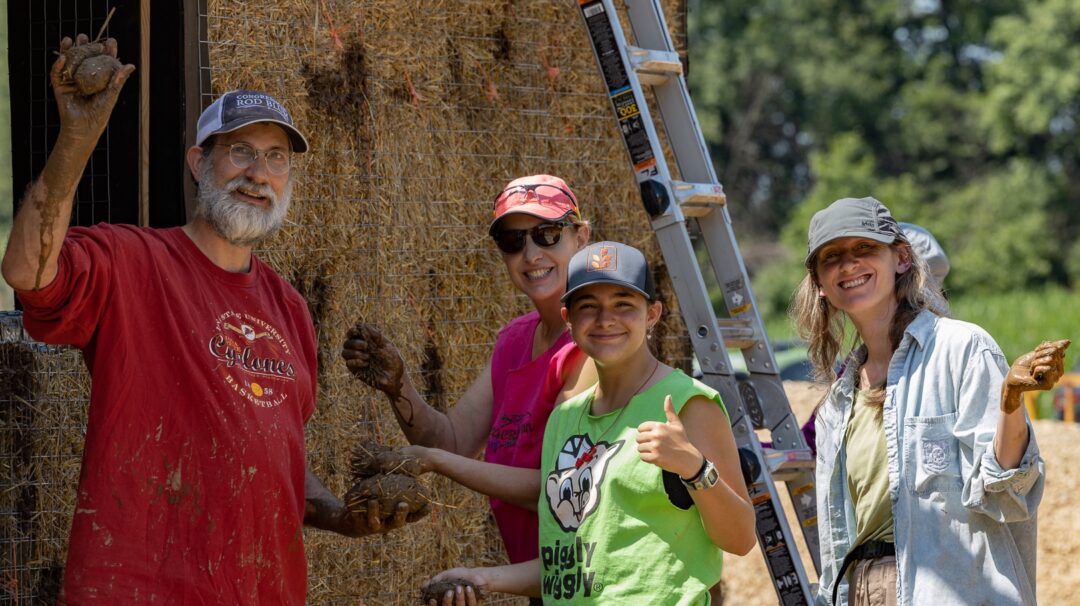
Costs Associated with Hosting a Workshop
Perhaps the first question on many potential workshop hosts mind is “what’s the bottom line?” That’s certainly a fair question and one you should ask yourself, or the person offering any service, during your entire construction process. If you don’t know what the cost of any aspect of your job is in advance, you are setting yourself up for trouble. I can’t speak for everyone out there who offers workshops, so I will speak for myself.
The costs associated with hosting a workshop are absolutely minute when compared to the amount of quality work that gets accomplished during the class. In other words, if you were to a) hire out the same amount of work that gets done or b) do it by yourself or with a few friends, your costs would be huge. Professionals charge a lot for their work (rightfully so as they have lots of experience and overhead to manage) and if you do it yourself, the time it till take you is worth a lot of money, not to mention the massage therapist you’ll need when you’re done!
Imagine, if you can (and I know you can because you are interested in hosting enough to read this blog post!), what a labor force of 20 to 30 people lead by an experienced straw bale builder and teacher can accomplish in one week. Now that you have that image, expand it, because my guess is that you’ve missed a lot of the details that get handled during a class.
There’s no comparison, it’s the most cost effective move you can make on your project…assuming that the workshop leader knows what they are doing and has good people skills to keep everyone motivated and on task. For my workshops, the hosts pay for my travel to and from the site. This is normally not that much and almost always less than $1000. Other than that, the costs are pretty minimal.
A few dollars on food not covered by the budget I give the host (some people create some amazing menus and as such go over budget…we don’t complain while easting it!), a few dollars in tool rentals, bathroom facilities, and other details. In all, hardly anything out of pocket for a complete week of labor.
What Will the Building Department Think?
That question is best answered by them, but here’s my input. In most cases, it’s best to simply leave them out of the equation in terms of the community build. Why? Because they may misunderstand what you have going on. They may believe that your workshop leader is acting as a contractor when in fact, they are not. They are simply a teacher or mentor for the group. Now, what about the group itself? No problem. You are not being paid by them nor are you paying them for their help. They are 100% volunteers there to help you with your project. That is completely within your rights as a home owner so no harm no foul.
Again, is it worth having a long discussion about this with your building department or bank inspector? Probably not, but if it does come up, no worries. You are allowed to have friends and family help you out as long as you don’t pay them for their help.
Some things are up to the home owner to do in most jurisdictions when working under an owner/builder permit. For example, electrical work can be done either by a licensed electrician, or the owner. Whether the building department would allow a group of friends and family members to do the electrical work on your house depends on the inspector and the overall jurisdiction’s rules.
I have been to some areas where it was an issue; however, in most of the location which I have taught workshops, it has not been a problem. My suggestion is to simply tell the inspector/building department that you will install the electrical and then you, as the home owner, can make a decision about whether you get help from your friends. I’ve even done workshops where the licensed electrician gets direction from me on how to best do electrical installations in bale walls, and then uses the participants as a labor force under his supervision. As you can see, there are many options.
What About My Neighbors?
This is a tricky one as every neighbor is different. many, in fact most, are totally cool with the community build aspect of hosting a workshop. Sure there will be some extra cars parked on the site and sure there will be some camp fires and singing in the evenings (if they’re lucky!) but then again, they won’t have to look at that skeleton of a building for much longer! What I find is best is to engage your neighbors early on. Let them know your plans. Help them feel like they are part of the excitement of this amazing project.
If they are simply grumpy and don’t want any part of your project or you, for that matter, you can leave them alone and focus on your task at hand: building. If they are like most people, they will appreciate that you invited them into the journey and will be interested in learning more about the process as time goes by. It’s not uncommon for neighbors to come by and visit the site while I’m teaching. They are curious. They want to know how a straw bale building is put together, most likely having never seen one before. Have fun with them and they will have fun with you!



2 Responses
Really enjoyed reading this. Very informative. My husband and I are planning to build a strawbale house in the near future. I would like to one day soon take one of your 7 day courses.
Thanks
Thanks Penny. Hope to see you soon. Check out http://www.strawbaleworkshops.com for dates and locations for the classes. I have three set up for next year already.